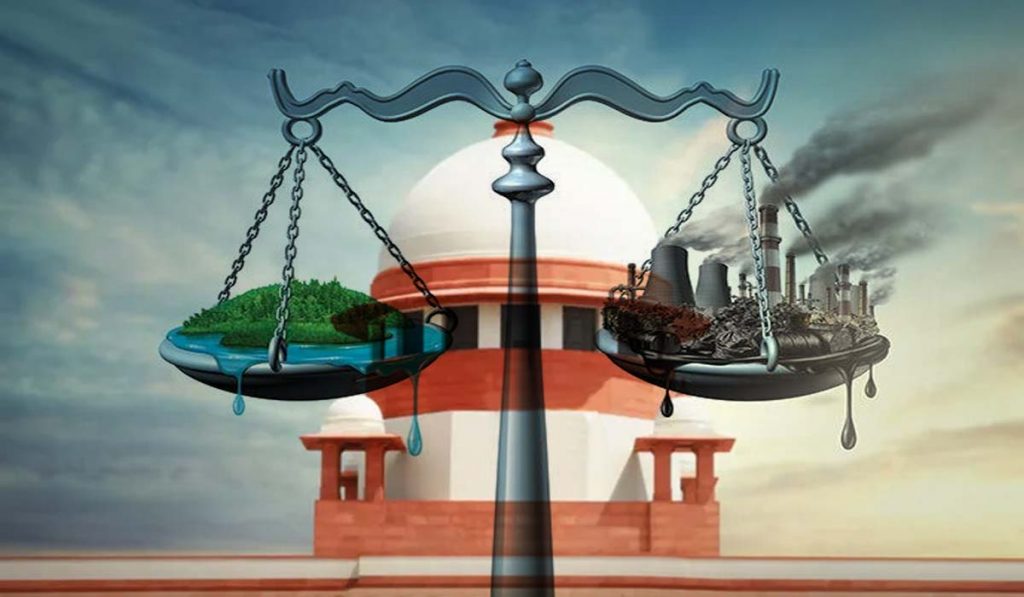


In a critical judgment conveyed on September 3, 2024, the Delhi Tall Court subdued the natural stipend forced on the G.T. Karnal Street Mechanical Bequest CETP Society by the Delhi Contamination Control Committee (DPCC). The Court's choice, created by Equity Sanjeev Narula, emphasized the significance of a contemplated arrange in authoritative procedures and the need of considering all pertinent disputes some time recently forcing punishments.
Background of the Case
The debate emerged when the DPCC forced an natural recompense of ₹90 lakhs on the G.T. Karnal Street Mechanical Bequest CETP Society for purportedly coming up short to meet endorsed profluent release measures. The recompense was calculated at ₹5 lakhs for each occurrence of non-compliance, based on tests collected by the DPCC from January 2019 to October 2020. The DPCC had issued numerous communications to the CETP Society, coordinating them to require remedial measures. Be that as it may, when the society fizzled to comply, the DPCC issued a appear cause take note and in this way forced the fine.
The CETP Society challenged the DPCC's arrange, contending that they were not satisfactorily listened which the DPCC fizzled to consider their reactions and the complexities included in overseeing the emanating treatment plant. The society also highlighted that the CETP had completed its operational life and required significant upgrades, a point they claimed was ignored by the DPCC.
Observation of High Court
The Court objected to the DPCC's process for reaching its conclusion, especially the order that is being contested, which was dated July 7, 2021, and had no justification.
The Court pointed out: "The DPCC reached a conclusion without providing any justification. As stated in the reply dated April 8, 2021, the petitioner has made a number of claims that have not been sufficiently taken into account or addressed . Justice Narula further emphasized that in order to ensure that all parties are given an equal chance to state their case, administrative orders that impose substantial penalties must be backed by convincing arguments. If this isn't done, the legal validity of such directives is compromised.
Implication of Judgement
The Court also took into consideration the CETP Society’s contention that the plant had outlived its design life and required modernization. The Court observed that this issue was pertinent and needed careful examination before any penalties could be justified. Judgment and Its Implications In its judgment, the Court quashed the DPCC’s order and remitted the matter back to the DPCC for fresh consideration.
The Court directed the DPCC to: "Recommence the proceedings from the stage of reply dated 8th April, 2021 submitted by the Petitioner. The Petitioner shall be also permitted to produce additional material/ documents that they may choose to rely upon".
Conclusion
The Delhi High Court's decision in this case highlights the need of openness, rational decision-making, and treating firms subject to regulatory proceedings fairly. It also provides a significant precedent for environmental regulatory organizations. The CETP Society's concerns must be fully addressed by the DPCC when it reexamines the matter in order to guarantee that any further rulings are well-reasoned and compliant with the law.
Click Here to: Download/View Related File
TAGS: Delhi High Court environmental compensation CETP Society DPCC effluent standards administrative law environmental law judicial review industrial pollution G.T. Karnal Road Industrial Estate.